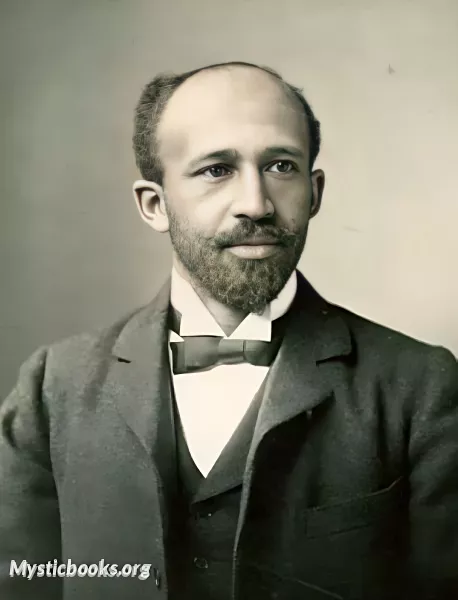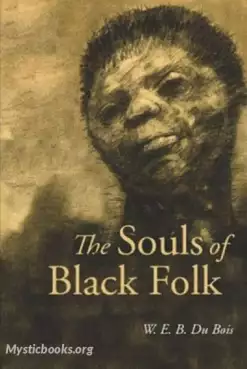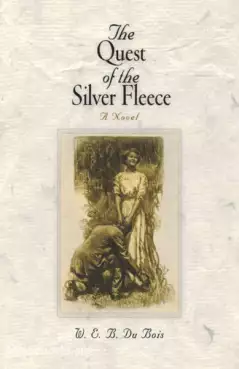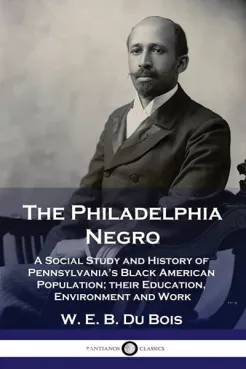
Timeline
Title
Country/Nationality
William E. B. Du Bois
W. E. B. Du Bois, born William Edward Burghardt Du Bois, was a prominent figure in American history known for his tireless efforts as a sociologist, civil rights activist, historian, and Pan-Africanist. His unwavering principles, groundbreaking scholarship, and advocacy for racial equality made him a leading voice in the fight against racial injustice and oppression.
Du Bois was a staunch advocate for civil rights and dedicated his life to addressing the social and political challenges faced by African Americans. He played a crucial role in co-founding the National Association for the Advancement of Colored People (NAACP) in 1909, an organization committed to combating racial discrimination and promoting equal rights for all.
One of Du Bois' most significant contributions was his extensive research and writings on the African American experience. His groundbreaking sociological work, "The Souls of Black Folk," published in 1903, explored the psychological and social effects of racism on African Americans. Through this influential book, Du Bois introduced the concept of "double consciousness," describing the internal conflict experienced by African Americans as they straddle their own identity and society's perception of them.
Du Bois was also a staunch supporter of Pan-Africanism, a movement that advocated for the unity and liberation of people of African descent across the globe. He believed in the importance of African unity and actively participated in Pan-African conferences and initiatives, promoting the rights and welfare of African people worldwide.
Throughout his life, Du Bois faced significant opposition and endured the hardships of racism. Despite these challenges, his unwavering dedication to equality and justice never wavered. His commitment to intellectual rigor and social activism laid the foundation for future generations of civil rights leaders.
W. E. B. Du Bois passed away on August 27, 1963, at the age of 95. His death marked the end of an era, but his legacy continues to inspire and influence generations. Du Bois is remembered as a trailblazer who fearlessly fought for the rights and dignity of African Americans, leaving an indelible mark on the civil rights movement.
Today, Du Bois is celebrated as one of the foremost intellectuals and activists in American history. His scholarly works, including "The Souls of Black Folk," "Black Reconstruction in America," and "Dusk of Dawn," remain essential readings in the fields of sociology, history, and African American studies. His ideas continue to resonate, challenging societal norms and fostering conversations about race, inequality, and social justice.
In recognition of his immense contributions, W. E. B. Du Bois' legacy is honored in various ways. He is remembered as a pioneer of civil rights, an advocate for Pan-African unity, and a visionary who dedicated his life to dismantling racial barriers. His profound impact on American society and his unwavering commitment to equality ensure that his name and achievements will forever be etched in history.
In conclusion, W. E. B. Du Bois was a trailblazing sociologist, civil rights activist, historian, and Pan-Africanist whose principles and dedication to racial equality and justice continue to inspire generations. His notable works, advocacy for civil rights, and leadership in the fight against racial oppression solidify his status as a visionary and intellectual giant. W. E. B. Du Bois remains an icon of the civil rights movement, and his enduring legacy serves as a reminder of the ongoing struggle for equality and justice in society.
Books by William E. B. Du Bois

The Souls of Black Folk
“Few books make history and fewer still become the foundational texts for the movements and struggles of an entire people....” One such great work was The Souls of Black Folk by William EB Du Bois. Published in 1903, it is a powerful and hard-hittin...

The Book of American Negro Poetry
The Book of American Negro Poetry, curated by James Weldon Johnson, is a landmark anthology that gathers some of the most influential African-American poets of the early 20th century. This collection, first published in 1922, captures the evolving ar...

The Quest of the Silver Fleece
The Quest of the Silver Fleece is a story of romance, race, economics and politics set around the 1900s. Here, a traditionally educated boy and an unschooled “swamp girl” each begin a journey toward love, ambition and redemption in the “Old South.”

John Brown
John Brown is a biography written by W. E. B. Du Bois about the abolitionist John Brown. Published in 1909, it tells the story of John Brown, from his Christian rural upbringing, to his failed business ventures and finally his "blood feud" with the i...

The Philadelphia Negro: A Social Study
The book is a detailed sociological study of the African American population in Philadelphia at the turn of the 20th century. It examines the social, economic, and political conditions of African Americans in the city and provides a comprehensive ana...

Negro
A short yet profound examination of the African American experience, offering a general statement of the condition, history, and identity of Black people. The book is a condensed exploration of Du Bois’s perspectives on race, societal structures, and...